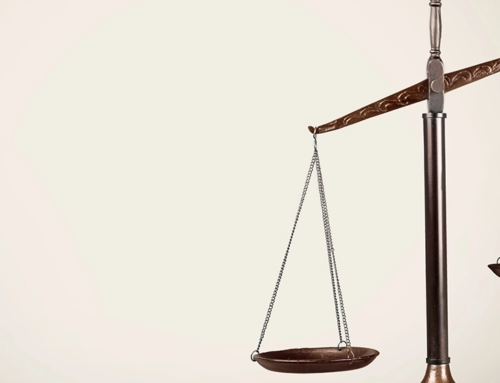WHO CAN BE WITNESSES TO MY WILL?
WHO CAN BE WITNESSES TO MY WILL?
If this is your first time making a Will, you should be aware of one of the most important requirement to ensure that your Will is valid and can be executed. You need to always bear in mind that witnesses are mandatory requirement to complete your Will making process. The role of the witnesses are to ensure that the Testator is of sound mind at the time the Testator made the Will and to authenticate the Testator’s signature. So who can be witnesses to your Will?
Firstly, we refer to Section 5(2) of Wills Act 1959 which states as follows:
“(2) Every will shall be signed at the foot or end thereof by the testator or by some other person in his presence and by his direction; such signature shall be made or acknowledged by the testator as the signature to his will in the presence of two or more witnesses present at the same time, and such witnesses shall subscribe the will in the presence of the testator, but no form of attestation shall be necessary:”
Based on the provision above, the law requires the Will to be signed by the Testator in the presence of at least 2 witnesses and thereafter the 2 witnesses must sign the Will in the presence of each other and the Testator. It is crucial for you to have at least 2 witnesses preferably above 21 years old, sound mind, and literate.
- Capacity of witnesses
Witnesses must be mentally sound adults as they should be able to testify in support of the execution of the Will. There are few category of people who are deemed incompetent to be a witness such as a blind man. A witness must be the one who has the faculty of hearing and seeing for the signing act is a visible matter (Re Gibson). Drunkards, illiterate and people of unsound mind are also incompetent to be witnesses as they are not mentally present when the Testator executed the Will. For minor especially a young child, they are considered as an incompetent witness as they are not capable of understanding the importance of witnessing the execution of the Will (Smith v Thompson).
In addition, it is noteworthy that your beneficiaries or spouse of your beneficiary cannot be witnesses to your Will as the witnesses will lose their rights in the Will. This is because Section 9 of Wills Act 1959 states that gifts to an attesting witness or to wife or husband of attesting witness to be void. However, it will not give effect to invalidate the Will as Section 8 of Wills Act 1959 provides that a Will is not to be invalidated by reason of incompetency of any attesting witness at the time of its execution or at any time afterwards.
Therefore, in order to ensure ease and clarity in the Will making process, it is best to avoid people who are listed in the Will (beneficiaries) from becoming your witnesses. You may either appoint lawyers, friends, colleagues or your Executor (person who will execute the Will) to become your witness as long as the Executor is not your beneficiary.
To conclude, the requirement of at least 2 witnesses is a part of formalities that must be complied in order for the Will to be valid and effective. Therefore, it is advisable for you to consult with experts before you make a Will to avoid any complications.



















